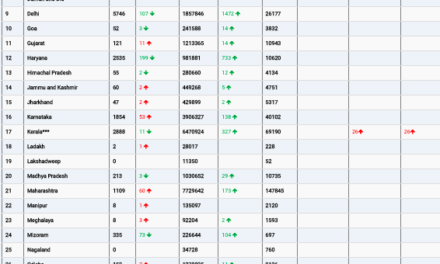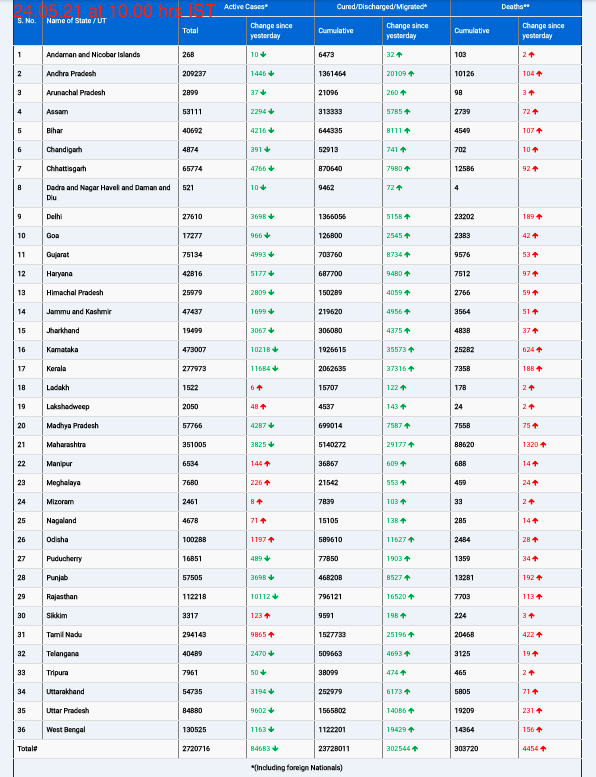
As India strides into the new year, health experts have issued a stark warning of an impending health crisis anticipated to loom over the country in the coming decade. Dr. Preeti Chhabria, a prominent consultant and director of internal medicine at Mumbai’s Sir HN Reliance Foundation Hospital, highlighted a concerning projection that accompanies India’s rapid progress and affluence.
“Amidst India’s rapid advancement, we’re bracing for a surge in diseases related to sedentary lifestyles and obesity,” cautioned Dr. Chhabria. She emphasized the likely increase in high blood pressure, heart diseases like heart attacks and ischemic heart disease, and the perpetuation of diabetes due to the prevailing high carbohydrate intake in Indian diets.
Alarming predictions extend to the emergence of diseases caused by multi-drug resistant bacteria, forewarning a grim scenario unless countered by a substantial influx of new antibiotics. Dr. Chhabria expressed deep concern about the indiscriminate use of antibiotics today, amplifying the risk of widespread infections resistant to treatment.
Echoing these sentiments, Dr. Dipu TS, Associate Professor at Amrita Hospital, Kochi, underscored the dual challenge awaiting India’s healthcare system in 2030. The surge in Non-Communicable Diseases (NCDs), including diabetes, heart disease, and cancer, is expected to take center stage due to factors like aging, lifestyle shifts, and urbanization. The persistent threat of infectious diseases, highlighted by the ongoing Covid-19 pandemic, remains a critical concern.
Addressing this impending crisis demands a multifaceted approach. Experts advocate bolstering healthcare infrastructure, promoting healthier lifestyles, and ensuring equitable access to care for both NCDs and infectious diseases.
However, amidst the concerning projections, there have been notable milestones in healthcare. DS Negi, CEO at Rajiv Gandhi Cancer Hospital & Research Centre in Delhi-NCR, highlighted India’s strides in combating cervical cancer through the launch of a highly effective, domestically-developed vaccine. Moreover, innovative treatment approaches such as targeted therapies and immunotherapies are gaining ground, offering renewed hope for patients battling various ailments.
Additionally, the integration of Artificial Intelligence (AI) in healthcare has been pivotal. Dr. Negi emphasized AI’s role in revolutionizing radiology and imaging by swiftly analyzing extensive datasets, aiding radiologists in precise and rapid diagnoses, ultimately enhancing patient outcomes.
With a growing focus on preventive measures, innovation in treatments, and the integration of advanced technologies, the healthcare sector aims to mitigate the looming health crisis while offering improved care to India’s populace.











